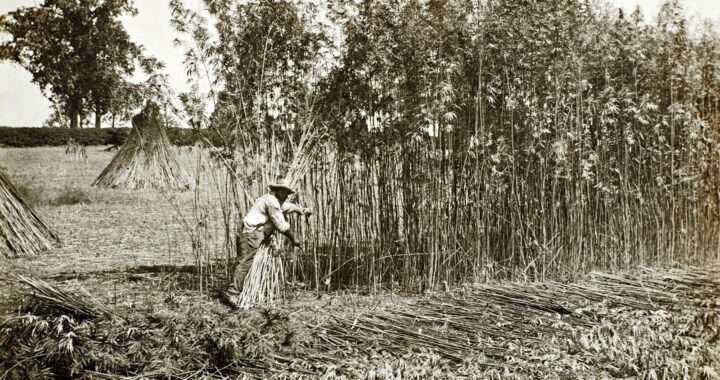Introduction
Hemp, also known as industrial hemp, is a versatile and sustainable plant that has played a significant role in human civilization for thousands of years. From its ancient origins to its current resurgence, hemp has been utilized for various purposes, including food, fiber, medicine, and construction. In this comprehensive guide, we will explore the rich history of hemp, tracing its origins, cultural significance, economic impact, and legal developments throughout the ages.
Origins of Hemp
- Tracing the origins of hemp cultivation to ancient civilizations, such as China, Mesopotamia, and Egypt.
- Exploring the use of hemp fiber for textiles, ropes, and paper in early human societies.
- Discussing the cultural and spiritual significance of hemp in ancient cultures.
Hemp in Ancient and Medieval Times
- Examining the widespread use of hemp in various ancient civilizations, including Greece, Rome, and India.
- Discussing the medicinal properties of hemp and its use in traditional herbal medicine.
- Exploring the economic importance of hemp in medieval Europe for textiles, shipbuilding, and currency.
Hemp in Colonial America
- Exploring the role of hemp in the early colonies of North America.
- Discussing the legal requirements for hemp cultivation in colonial America.
- Highlighting the importance of hemp as a valuable cash crop for the colonial economy.
Hemp and Industrialization
- Examining the rise of hemp production during the Industrial Revolution.
- Discussing the use of hemp fiber for textiles, sails, and industrial materials.
- Exploring the decline of hemp cultivation due to the rise of synthetic fibers and changing agricultural practices.
Hemp Prohibition and Legal Developments
- Discussing the shift in public perception of hemp and cannabis during the early 20th century.
- Exploring the impact of hemp prohibition and the passage of the Marijuana Tax Act in the United States.
- Highlighting the legal and social challenges faced by the hemp industry in the 20th century.
Hemp’s Resurgence and Modern Uses
- Discussing the growing recognition of hemp’s environmental benefits and sustainability.
- Exploring the legalization of hemp cultivation and the distinction between hemp and marijuana.
- Highlighting the modern uses of hemp, including textiles, construction materials, biofuels, and CBD production.
Hemp Around the World
- Examining the global cultivation and utilization of hemp in various countries, including Canada, China, and the European Union.
- Discussing the different regulations and policies surrounding hemp cultivation and production worldwide.
- Exploring the economic potential and environmental benefits of hemp on a global scale.
The Future of Hemp
- Discussing the current trends and developments in the hemp industry, including innovations in hemp processing and product diversification.
- Exploring the potential of hemp as a sustainable alternative to traditional industries, such as textiles and construction.
- Highlighting ongoing research and advancements in understanding the various compounds and potential health benefits of hemp.
Conclusion
Summarizing the key points discussed in the guide, including the origins, cultural significance, economic impact, and legal developments of hemp throughout history.
Emphasizing the versatility, sustainability, and potential of hemp as a valuable resource for various industries.
Encouraging further exploration, research, and responsible cultivation of hemp to harness its full potential in the modern world.
The history of hemp is a testament to its resilience, versatility, and cultural significance. From its ancient origins to its modern resurgence, hemp has played a vital role in various aspects of human civilization. Understanding the rich history of hemp can help us appreciate its potential as a sustainable resource and its value in industries such as textiles, construction, and wellness. As we continue to unlock the potential of hemp, it is important to embrace responsible cultivation, research, and utilization to ensure a prosperous and sustainable future for this remarkable plant.

